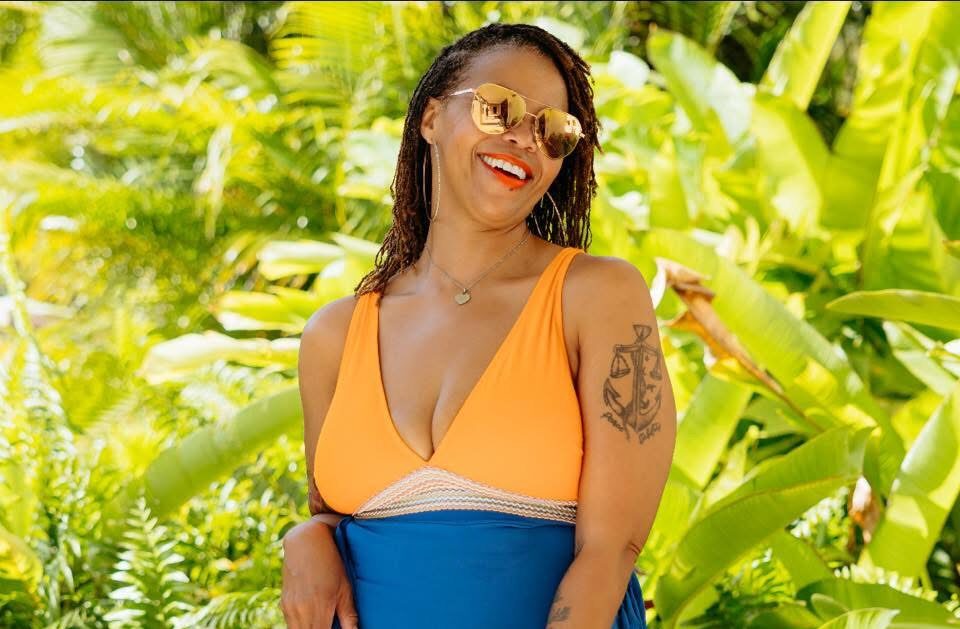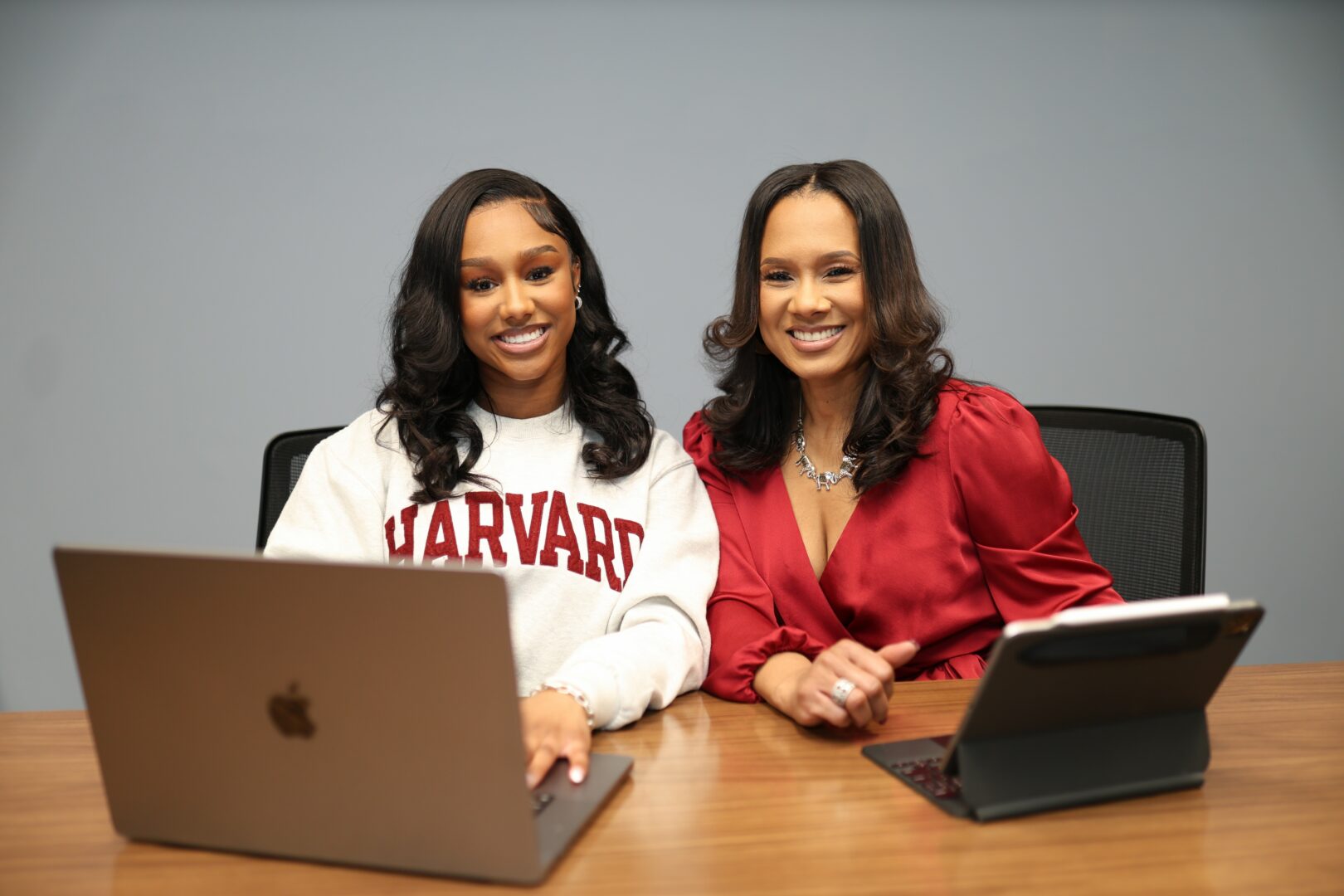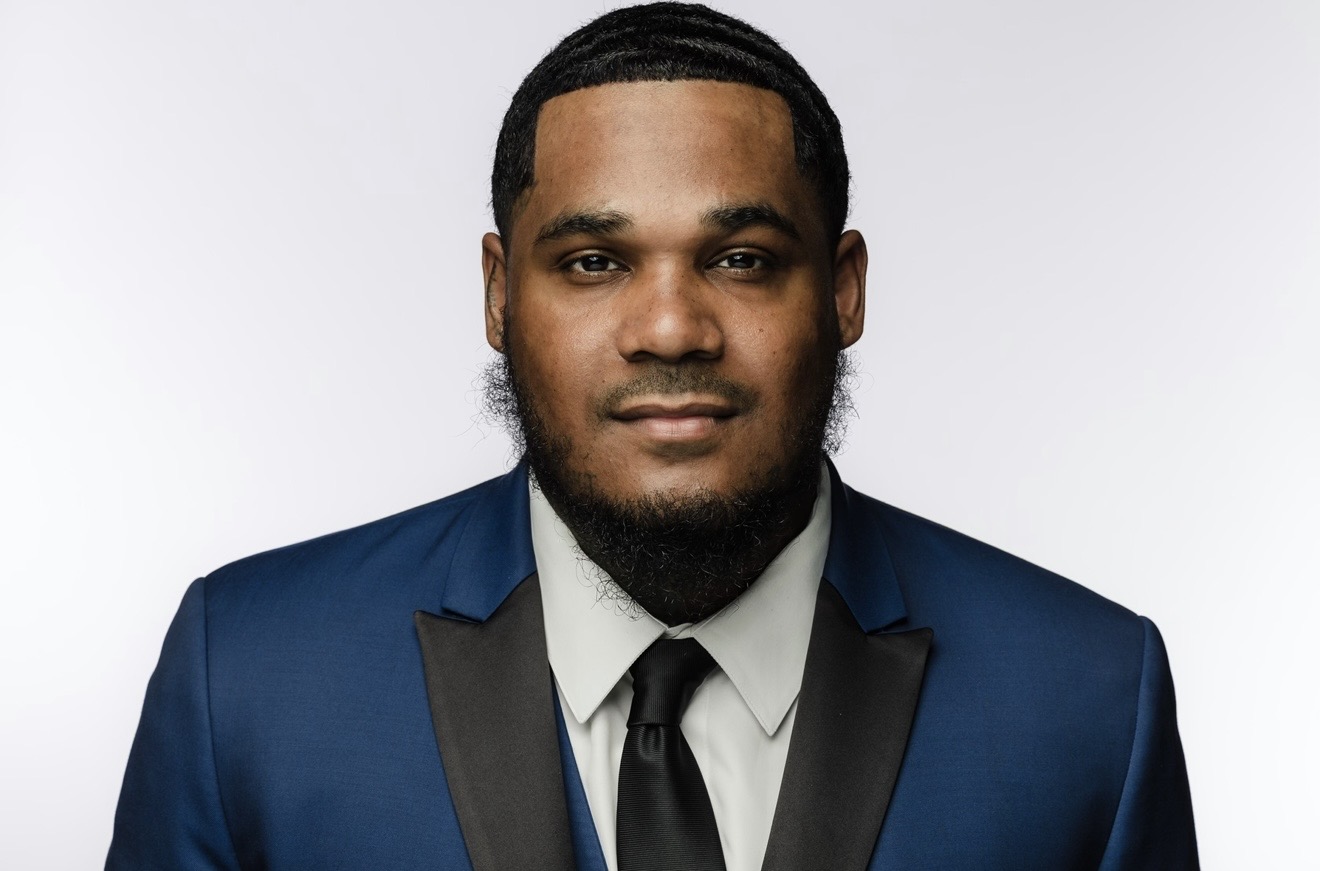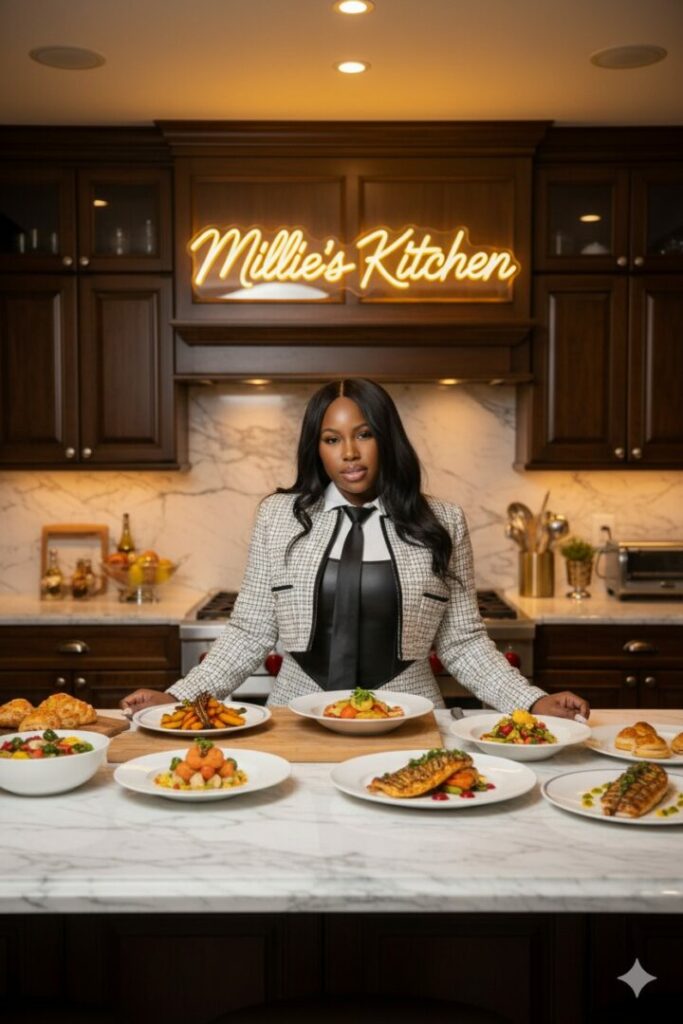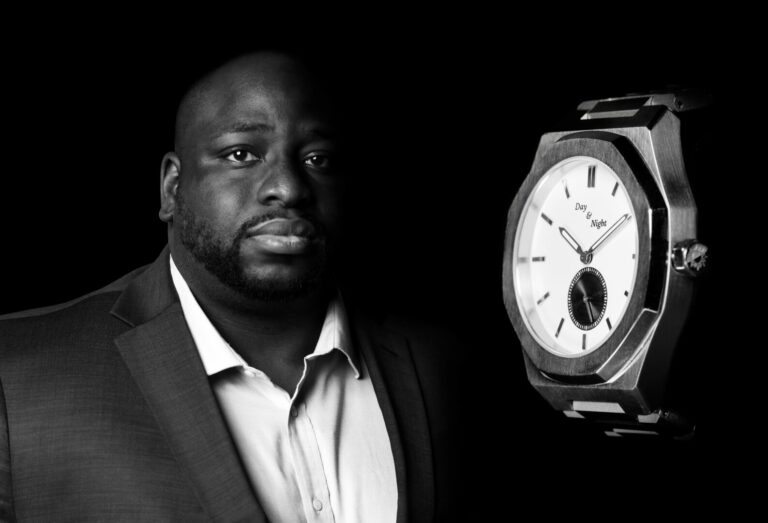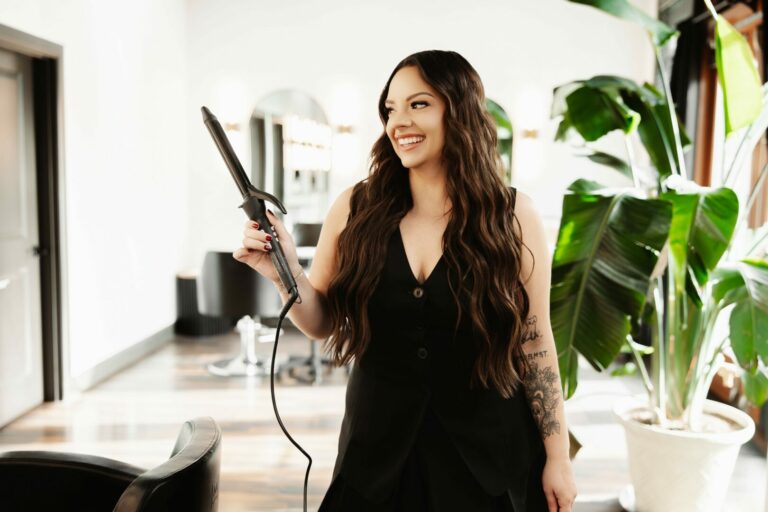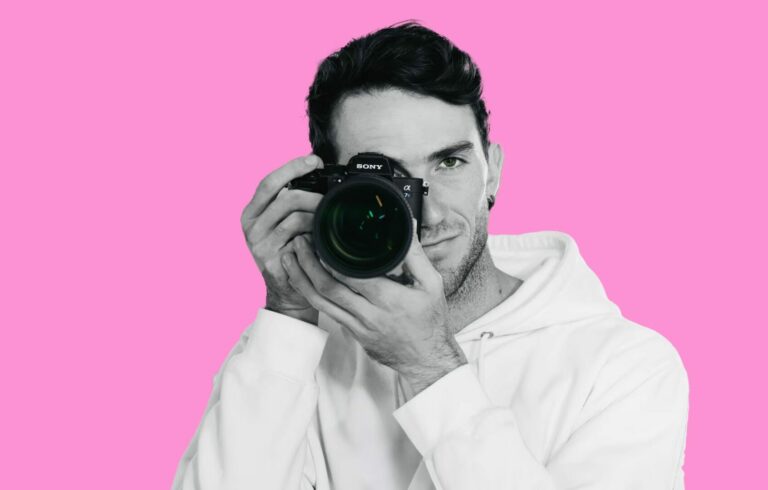Almost everything is multisided – including the occurrences that give us pain. So, we asked some of the most enlightened folks in the community to share how they have harnessed their pain to help rather than hurt them.
Dakota Ramppen
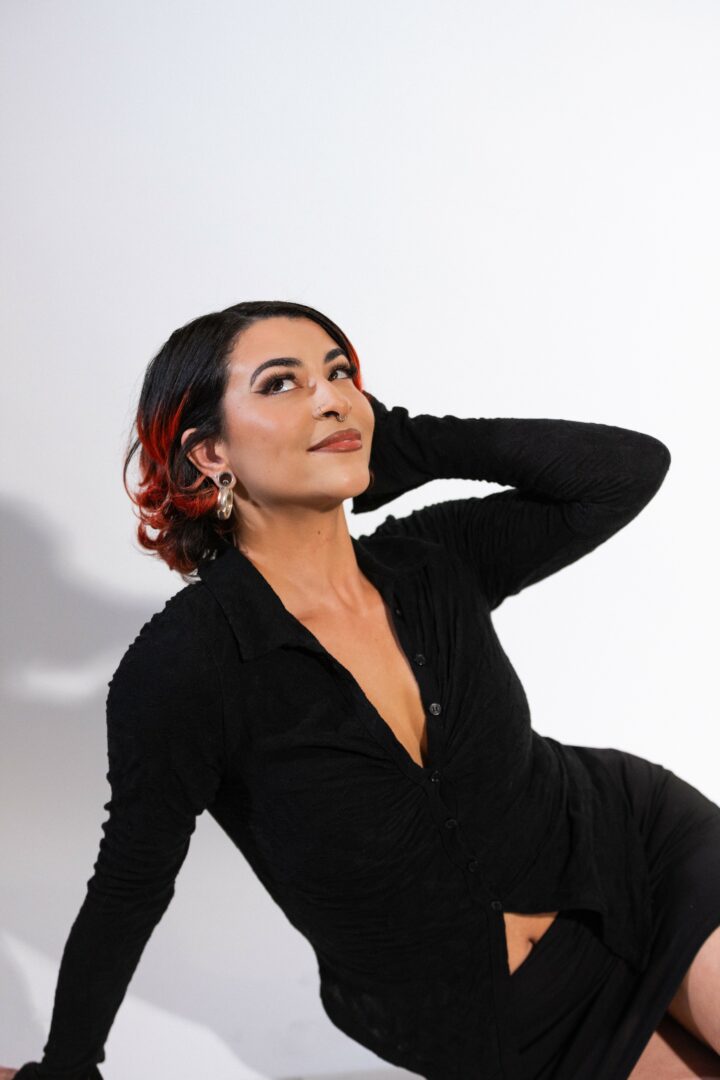
I stopped hiding my pain the moment I realized that pretending to have it all together was actually keeping me disconnected from myself and from the people I wanted to help. For a long time, I carried shame around my relationship history, the mistakes I’d made, the jealousy, the trauma. I thought being a “professional” meant keeping that part of me off the internet. Read more>>
Michaia Walker
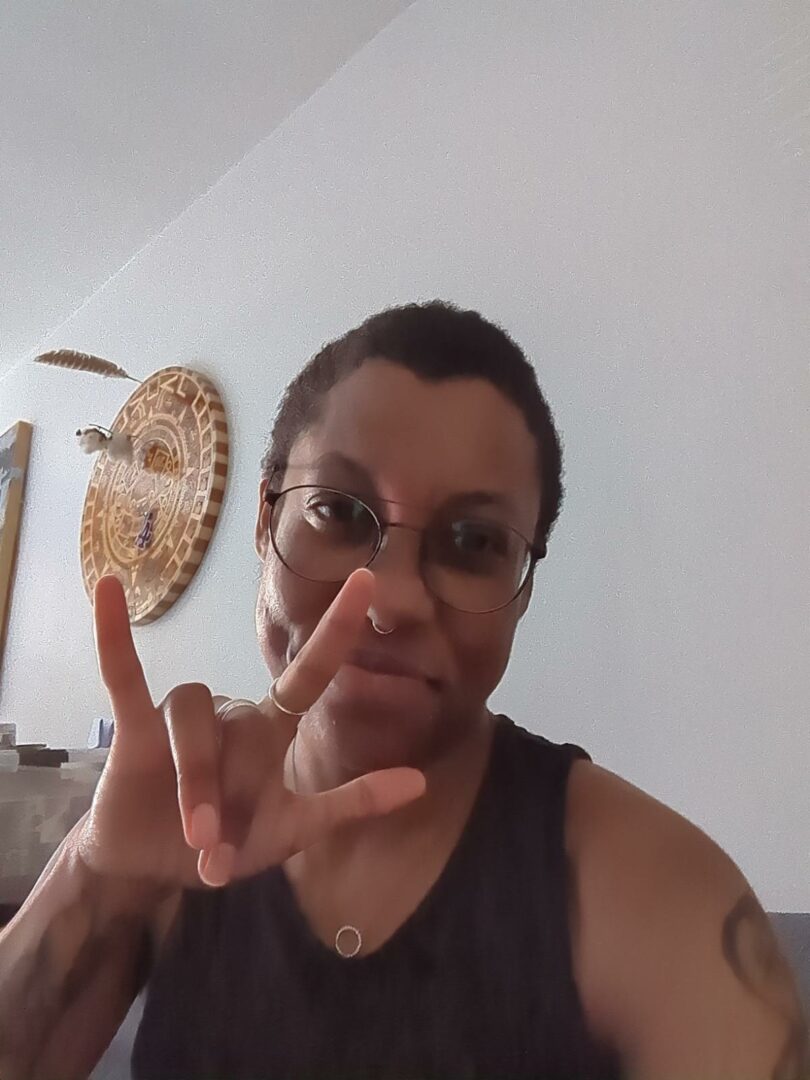
The irony of this question is that I just republished my book, ‘A Narrative Rewritten: A collection of personal writings for adult survivors of childhood incest and sexual abuse’. I wrote it 10 years ago and that was the first time I had put my abuse into such explicit words. Read more>>
Maleeka Alease
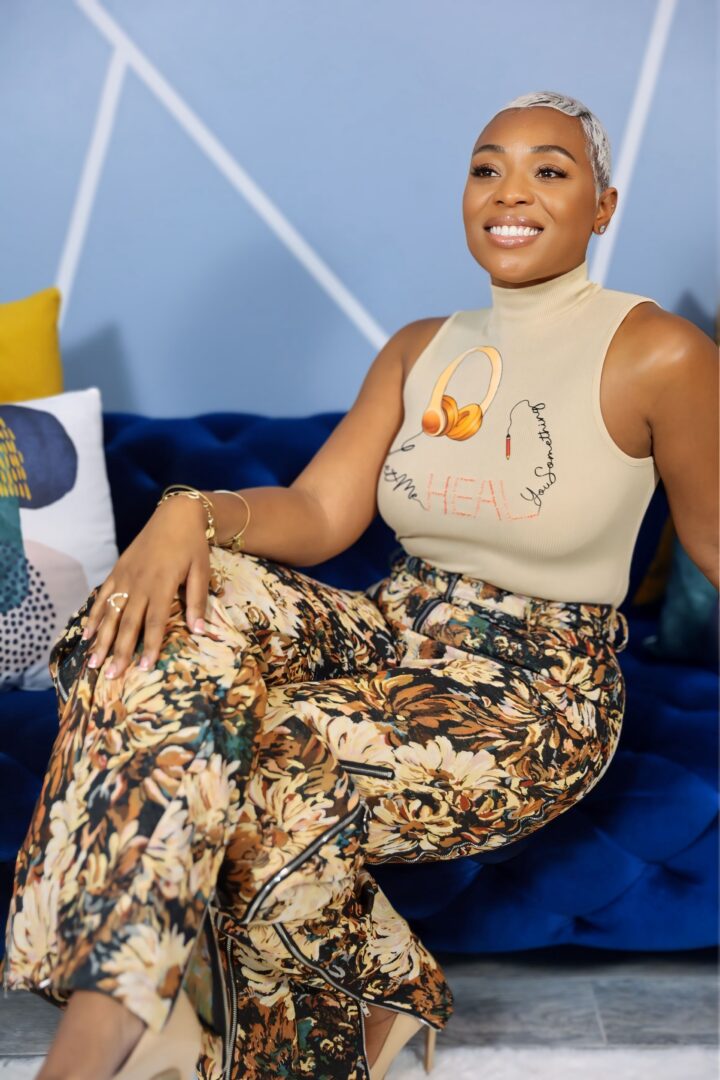
I stopped hiding my pain when I finally realized that I was in pain, and that pain is universal. We’ve all gone through something, just at different times and in different ways. That understanding changed everything for me. It showed me that pain isn’t something to be ashamed of; it’s something that connects us. Read more>>
Indigo
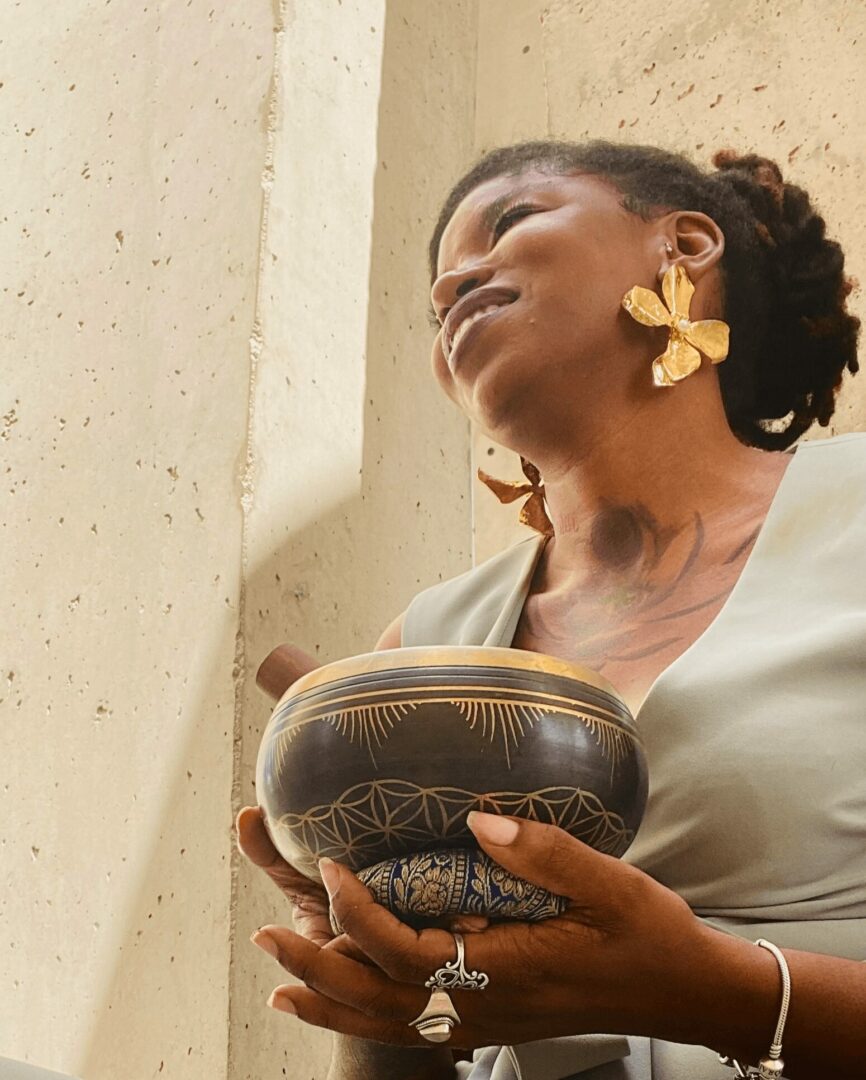
I stopped hiding my pain and began using it as power when I realized that I was experiencing some very heavy things that people often don’t talk about or feel safe enough to expose. I came to realize that while I may not have all the answers, there is deep power in my testimony. Read more>>
Ariel Doan
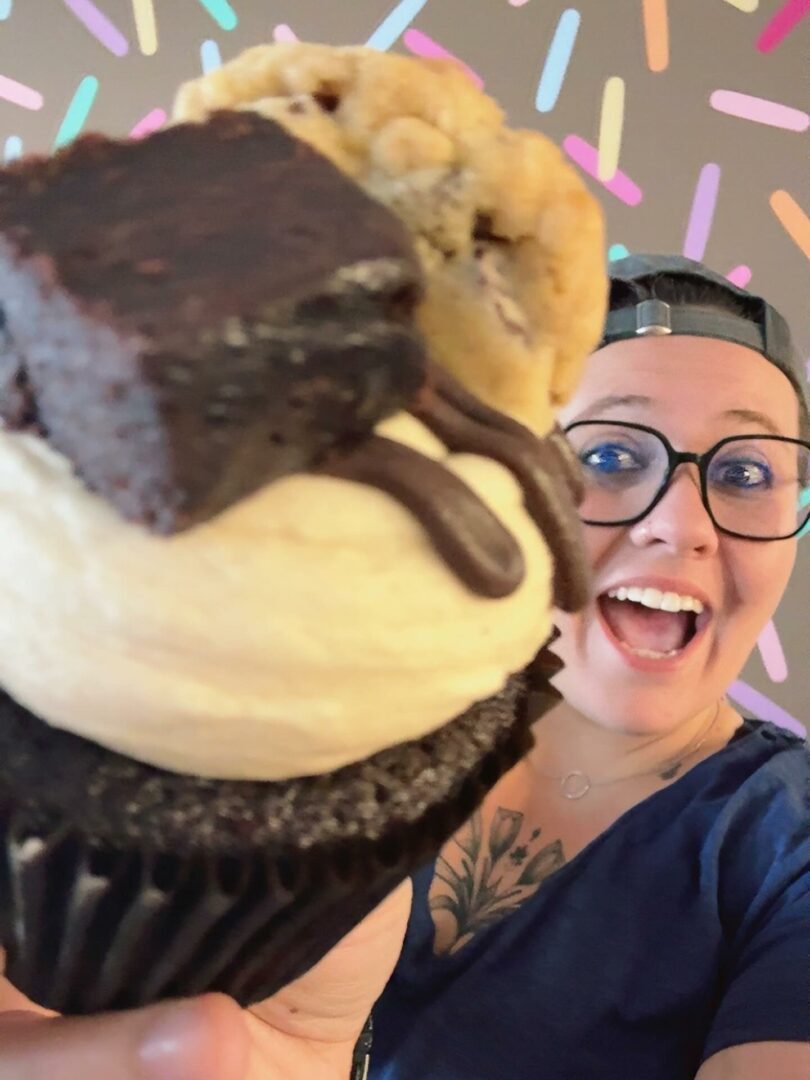
Honestly right now. Over the past year or so I have realized that so many people suffer in silence and they don’t know that other people are suffering over the same things. And if we just support each other and talk about our pains then we don’t feel so alone. I was always ashamed of my life falling apart. Read more>>
Kalika Evans
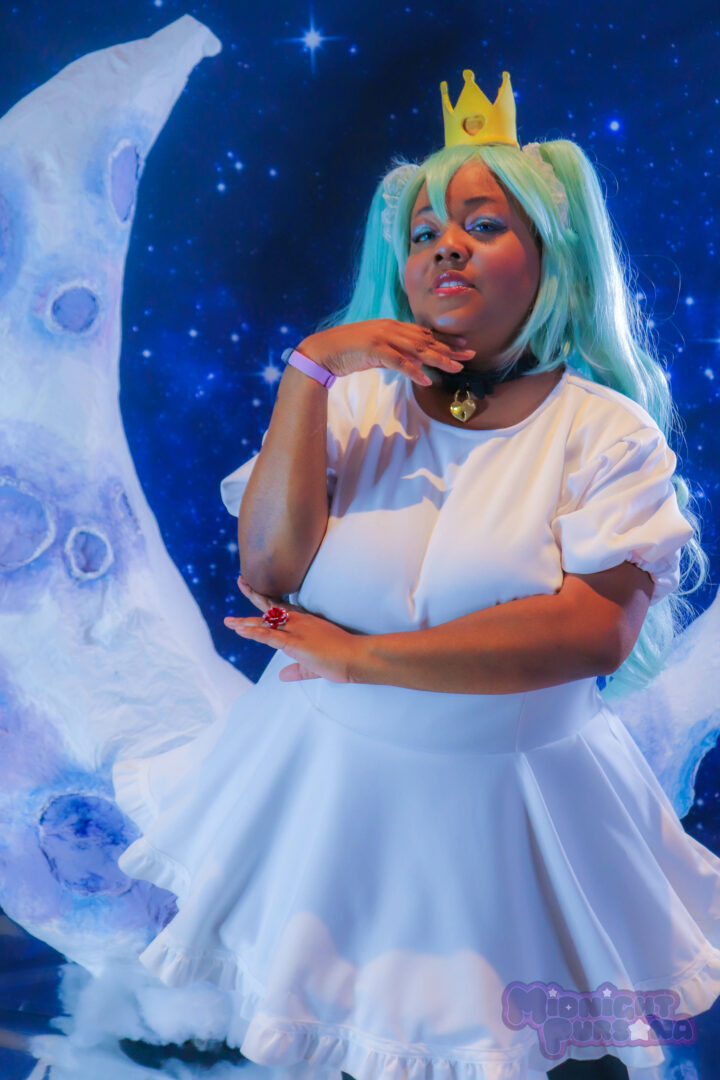
When I realized, as a black, fat, disabled, queer woman, it doesn’t matter how hard you work and what you do, people will always find something wrong with it. If you speak soft, you’re mean. If you speak loud, your aggressive. If you do it yourself, your controlling. If you ask for help, you’re needy. Read more>>
Aprill Williams
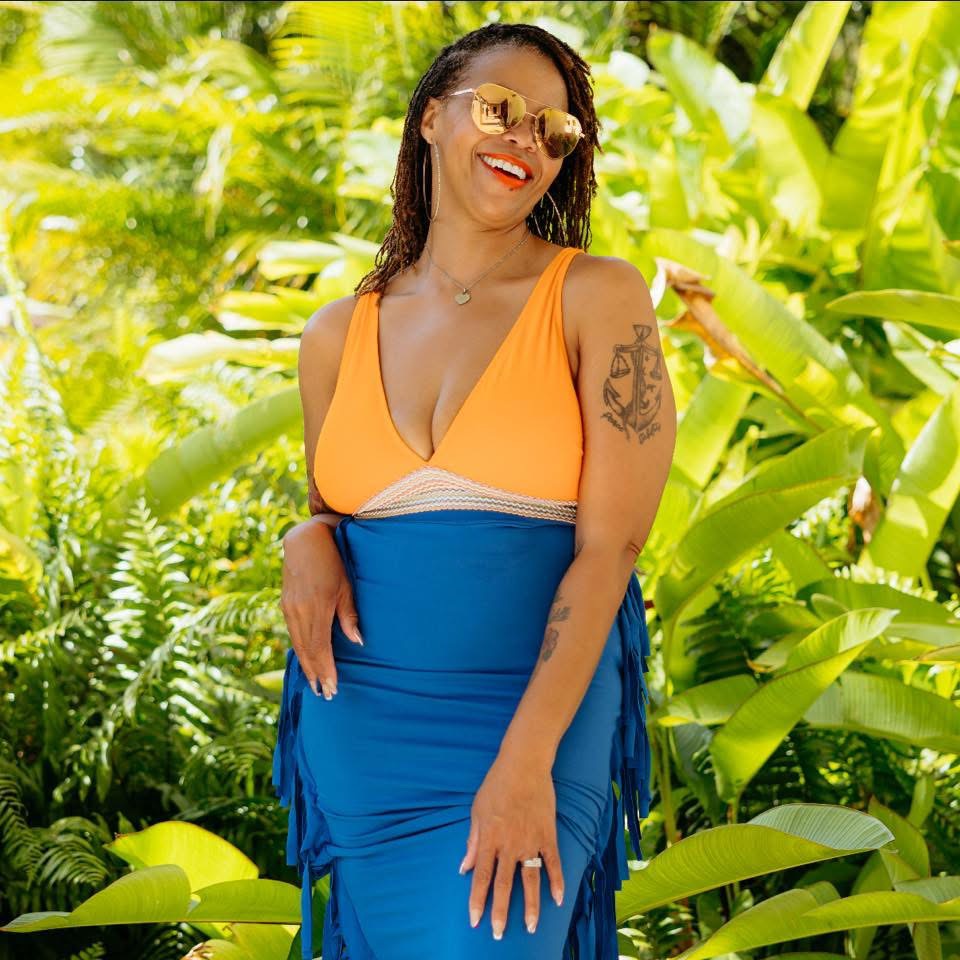
I stopped hiding my pain when I realized that God wasn’t asking me to pretend I was whole—He was inviting me to become whole through Him. For a long time, I wore strength as a mask, thinking vulnerability made me weak. But God showed me that transparency is where transformation begins. When I surrendered my story to Him, my pain became purpose. Read more>>
Literaturebyjessc
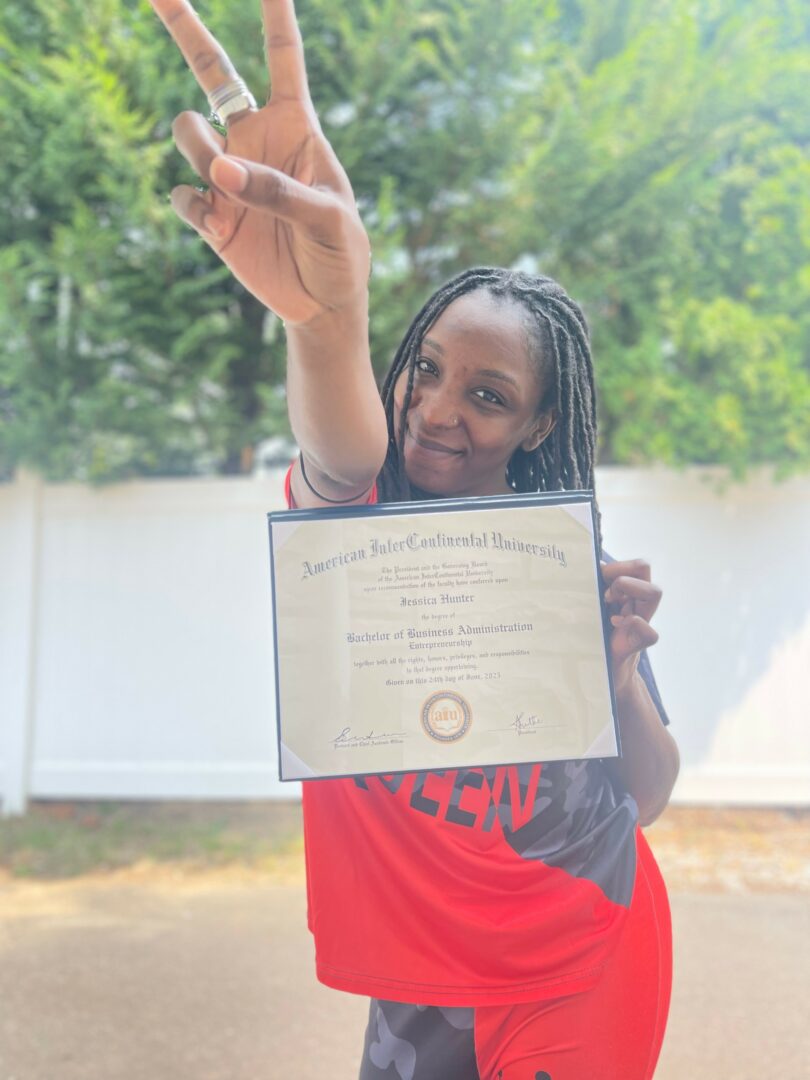
I stopped hiding my pain when I finally got over the fact that I have Epilepsy, that’s who I am, and there is nothing I can do about it. For years after I was diagnosed with Epilepsy, I would always question why me? Having this disability affects many aspects of life, such as playing video games, driving, and experiencing fireworks, among others, and much more. Read more>>
Kendra Hall
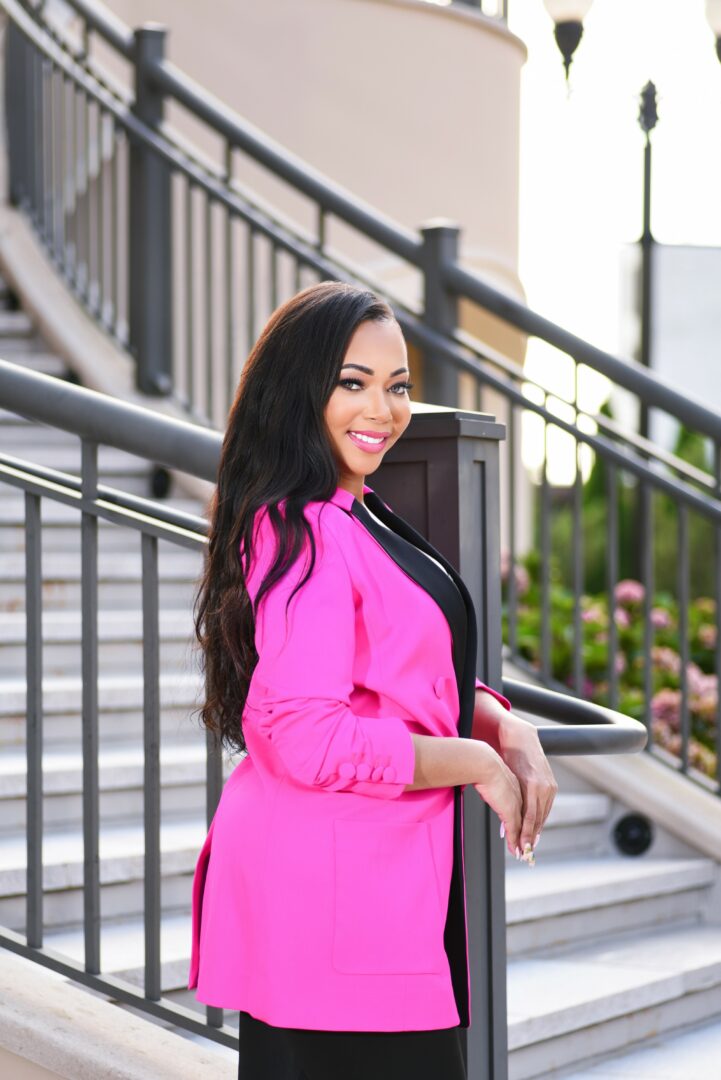
When I started speaking publicly about my story as a teenage mother. For years, I carried shame in silence. Once I turned that pain into purpose, the same story that once embarrassed me started freeing other people. That’s when I knew transparency is power, not weakness. Read more>>
Christopher ‘C-Ray’ Roberts
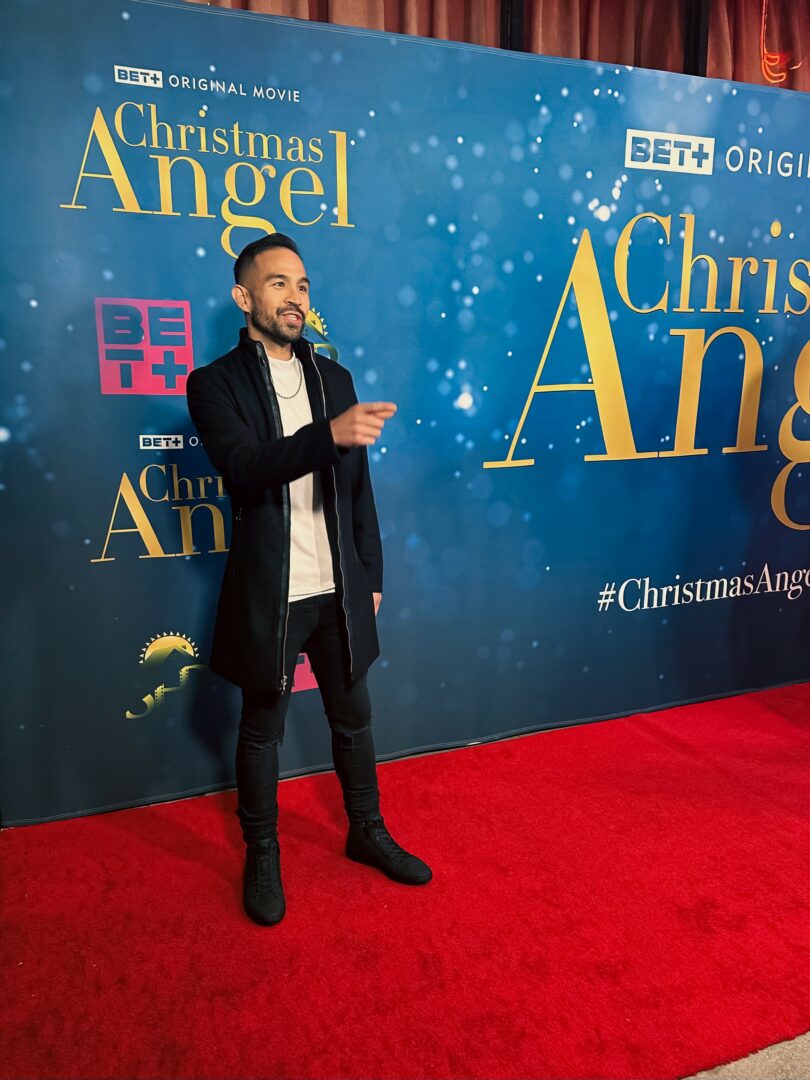
I stopped hiding my pain in November of 2024. For the first time since it happened, I opened up about being assaulted in 2010 in New York — something I carried in silence for 15 years. The shame, the fear, and the trauma shaped the way I moved through the world, even as my career grew. Read more>>
Christina Rauh Fishburne
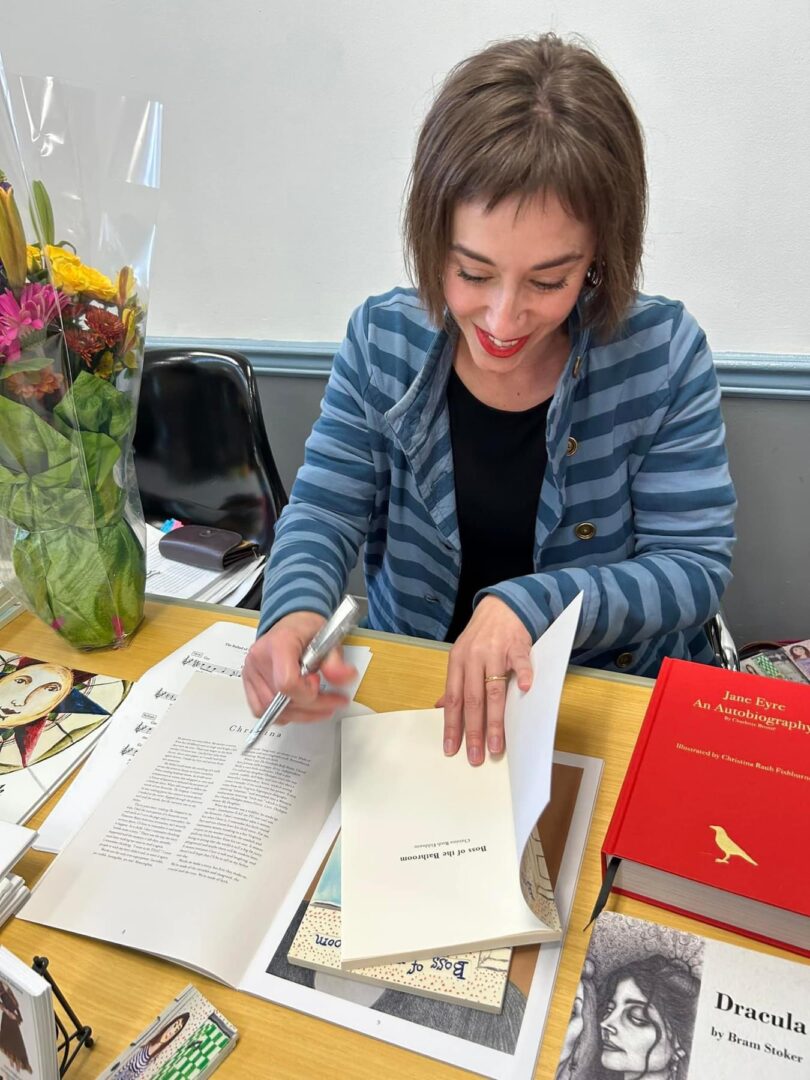
In 2013 I was in a pretty gross hotel room in Hawaii, curled up in a bed having a second miscarriage while my husband was on the mainland and my two small children played in the adjoining room. I had written 2 or 3 blog entries in the weeks before in an attempt to turn my endless complaints into art. Read more>>
Gary Smith
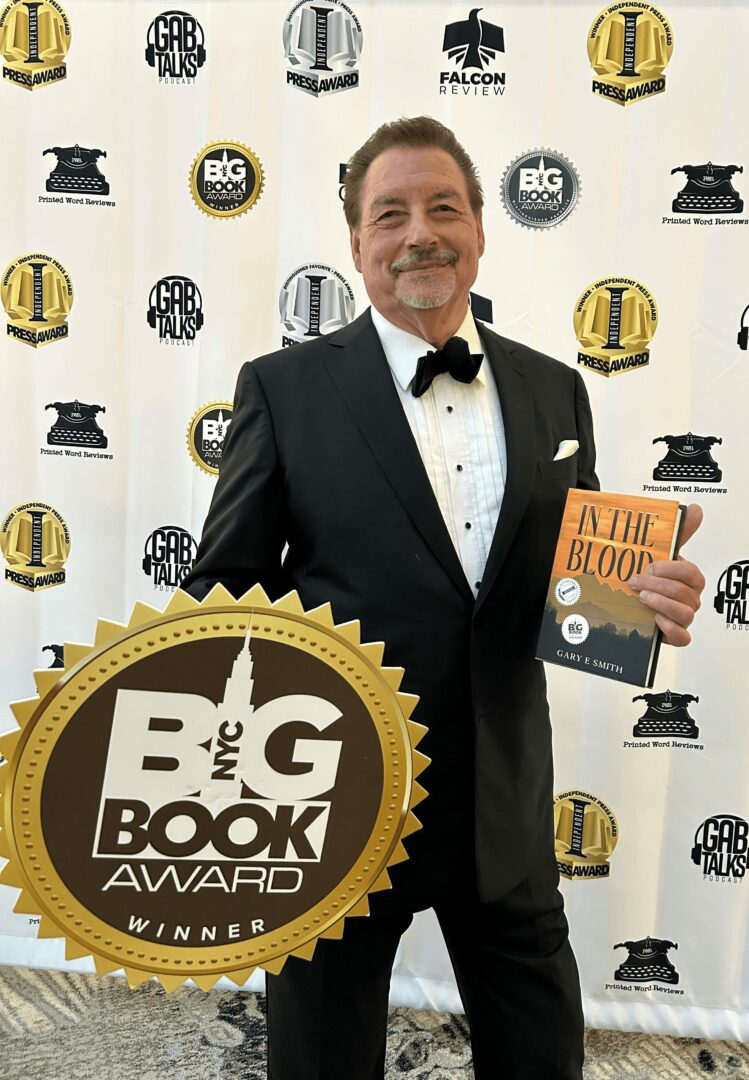
In 1984, my wife started premature labor. The doctors tried all night to stop the labor and couldn’t. Kevin was born too early to save. I sat in a dimly lit room holding him until he passed. In the two hours I sat with him, we made a connection. It was the most pain I had ever felt. Read more>>
Cristian Guerrero
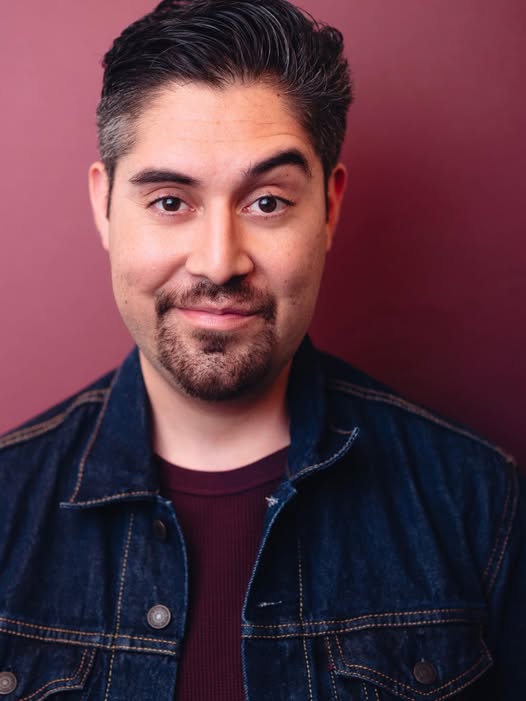
I’ve always been an emotional person—sensitive, passionate, a little extra since birth. A lot of that came from losing my dad when I was seven years old. At a really young age, I was forced to confront emotions most adults spend decades avoiding. I felt everything—the highs, the lows, the grief, the joy—and art became my outlet. Read more>>
Alex Coghe
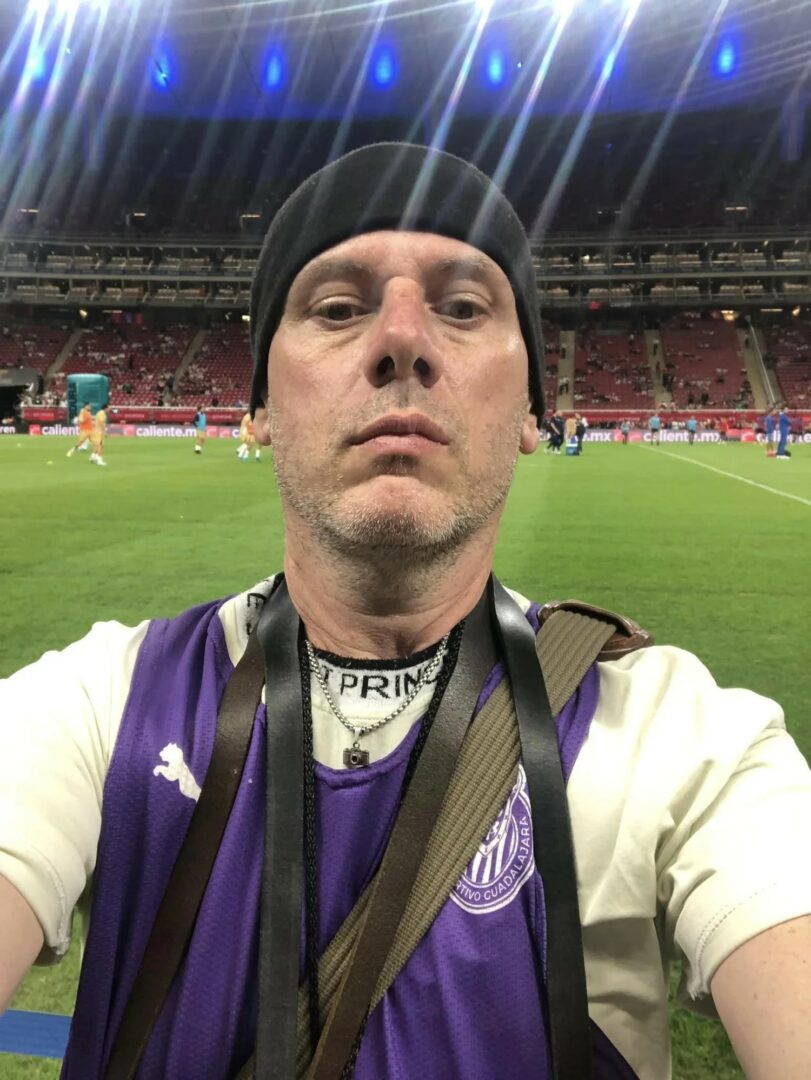
I stopped hiding my pain when I understood that art doesn’t come from perfection, but from fracture. For a long time, like many people, I thought pain was something to overcome or disguise. But life, and especially photography, taught me that pain is not the opposite of beauty: it’s one of its raw materials. Read more>>
Callie Himsl
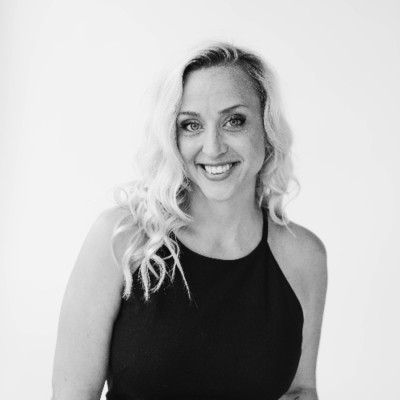
When I was 25 my brother was killed in an accident at his work. He was 2 years older than me and my only sibling. That changed my life forever. I wanted to know there was something more to life and so I took it upon myself to explore what that meant. I began traveling, doing mission work and volunteering. Read more>>
Lis Rafailedes
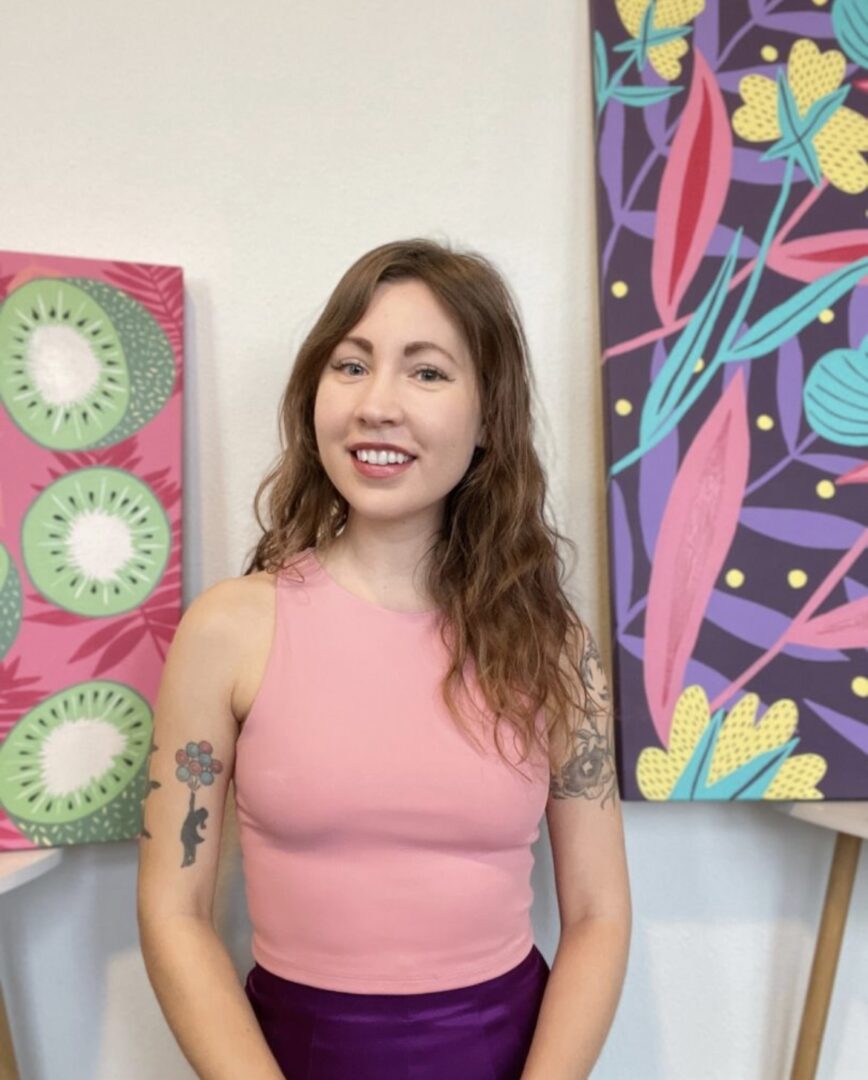
It’s been a long journey for me to open up and be vulnerable with others. My childhood experiences shaped me into a very guarded adult. I love people and value friendships and warm connections, but I’ve always struggled to share my hardships, often hiding behind them. This past year, I decided to take a risk and be vulnerable when applying for an art grant. Read more>>
Hilda Rueda
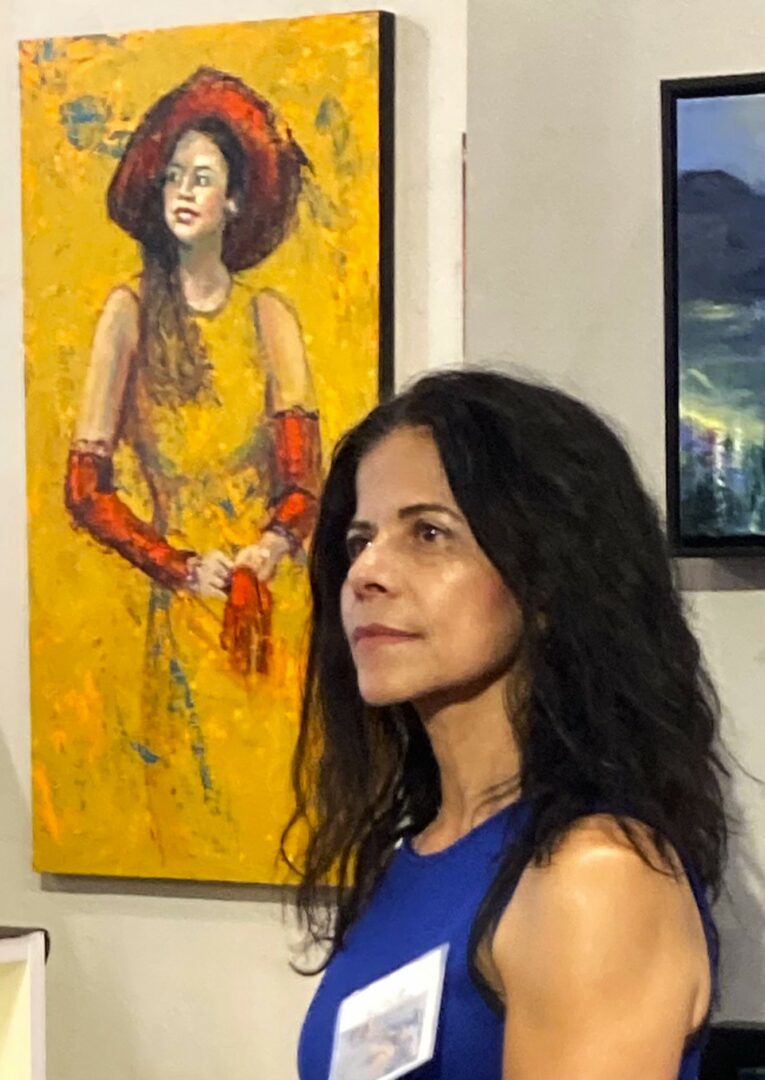
Pain in life, I realized around 10 years ago, is not the enemy. On the contrary, it is the propulsor of change, of improvement, of growth. I would have not become an artist if it were not for the continuous struggle of life. Read more>>
Kelly Boehmer
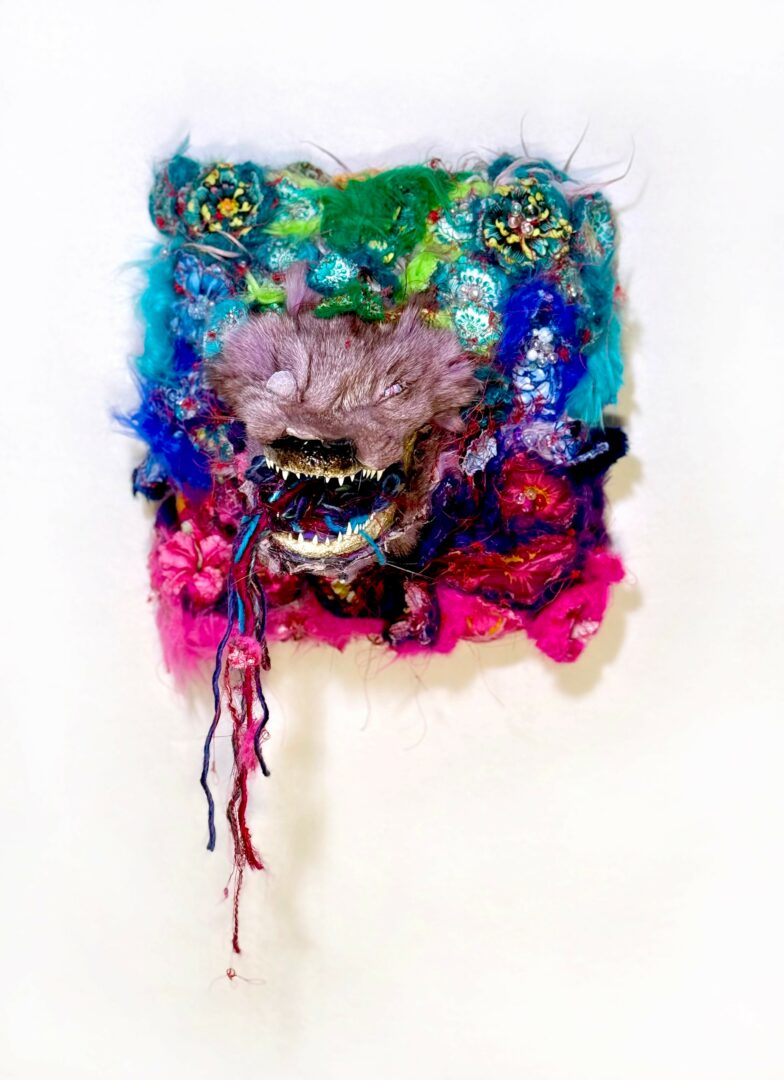
In grad school I started making art that had a personal narrative. Confronting fears of death through the use of taxidermy, and creatures made with soft textures, makes the fears more approachable. I often face my fears and anxieties through symbols like molting or flayed creatures. Even though fears of death can feel deeply personal, it is also fairly universal. Read more>>

